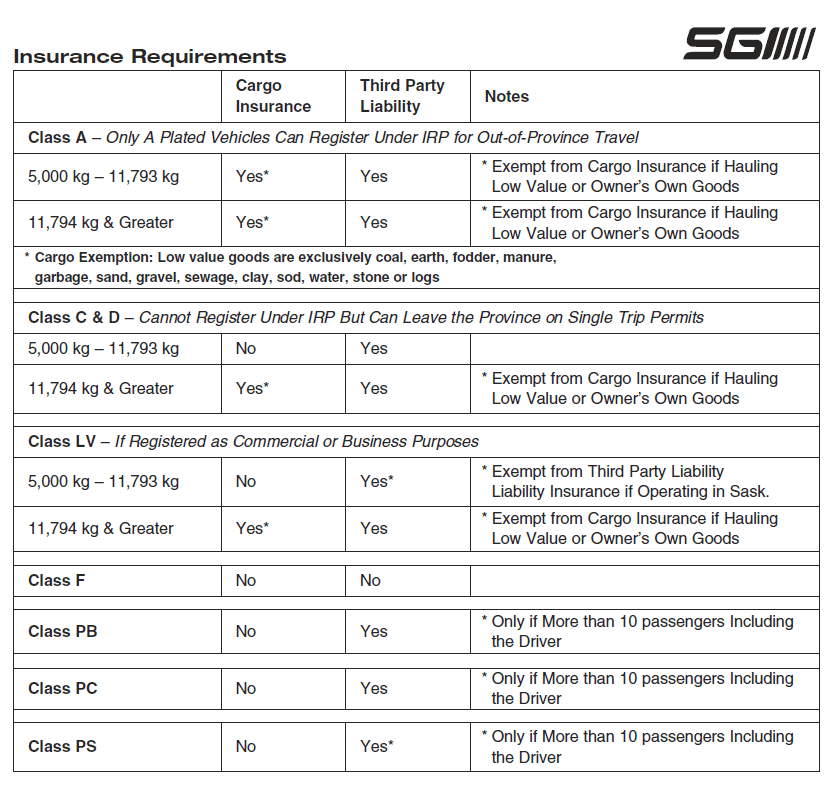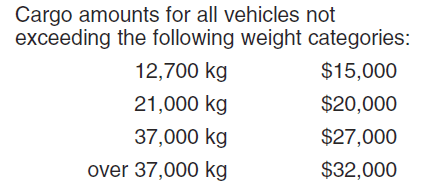Easter is coming up this weekend. Winter has dragged on for so long that it’s hard to believe it’s almost April. During this holiday season, we need to remind ourselves of what’s important in our lives.
Our slogan for this holiday season is – Peace, Love and Unity. With all the turmoil in the world today, it seems like we need this more than ever. Whether it’s news about our own government, or daily information about Donald Trump or what is happening in all other countries of the world; our news feed is filled with anger, pain and animosity. What happened to all the love and laughter in the world?
Well, here at Block’s Agencies, we are a firm believer in Love and Laughter! Every one of our staff members have an attitude of compassion, empathy and gratitude. We treat every customer the same, no matter how their day is going. We strive daily, to be a place of business that attends to your needs in a way that leaves you feeling encouraged and looked after. Maybe if we’re lucky, you’ll leave with some good jokes and a few stories.
This season, we encourage you to spend time with your loved ones, but to also reach out to people outside your normal circle. Maybe there is someone who could really use a helping hand, whether it is doing a physical project, going through an emotional strain or struggle or maybe they are having a tough time with their health. Sometimes, we feel too busy to be bothered with such tasks, but in the end, we will all be better for it.
Peace, Love & Unity. Three words that have a ton of weight to them. In order to obtain Peace, we must love one another. Love takes work, a lot of work. We all have differences and sometimes we don’t agree on matters, whether they are political, religious or we just disagree on the choices others make. It doesn’t make us any better than them. All we can do, is look into the mirror and be the best person we can be, for today. Once we get to that level, where we put others before us (which takes great sacrifice), then we can be unified.
The world pounds its chest about individualism. “What can the world do for you!” That is the wrong attitude. Our perspective should be on “What can I do to make the world a better place.” It sounds cliche, but it makes a lot of sense. If we flip that switch, and make the extra effort to “pick up the trash that some guy threw out his window” or “give the homeless guy a subway gift card” or “encourage a co-worker who’s going through a difficult time,” the world will become a better place. It will not happen overnight, but “it takes time to move a mountain” – as Anne Murray would say.


